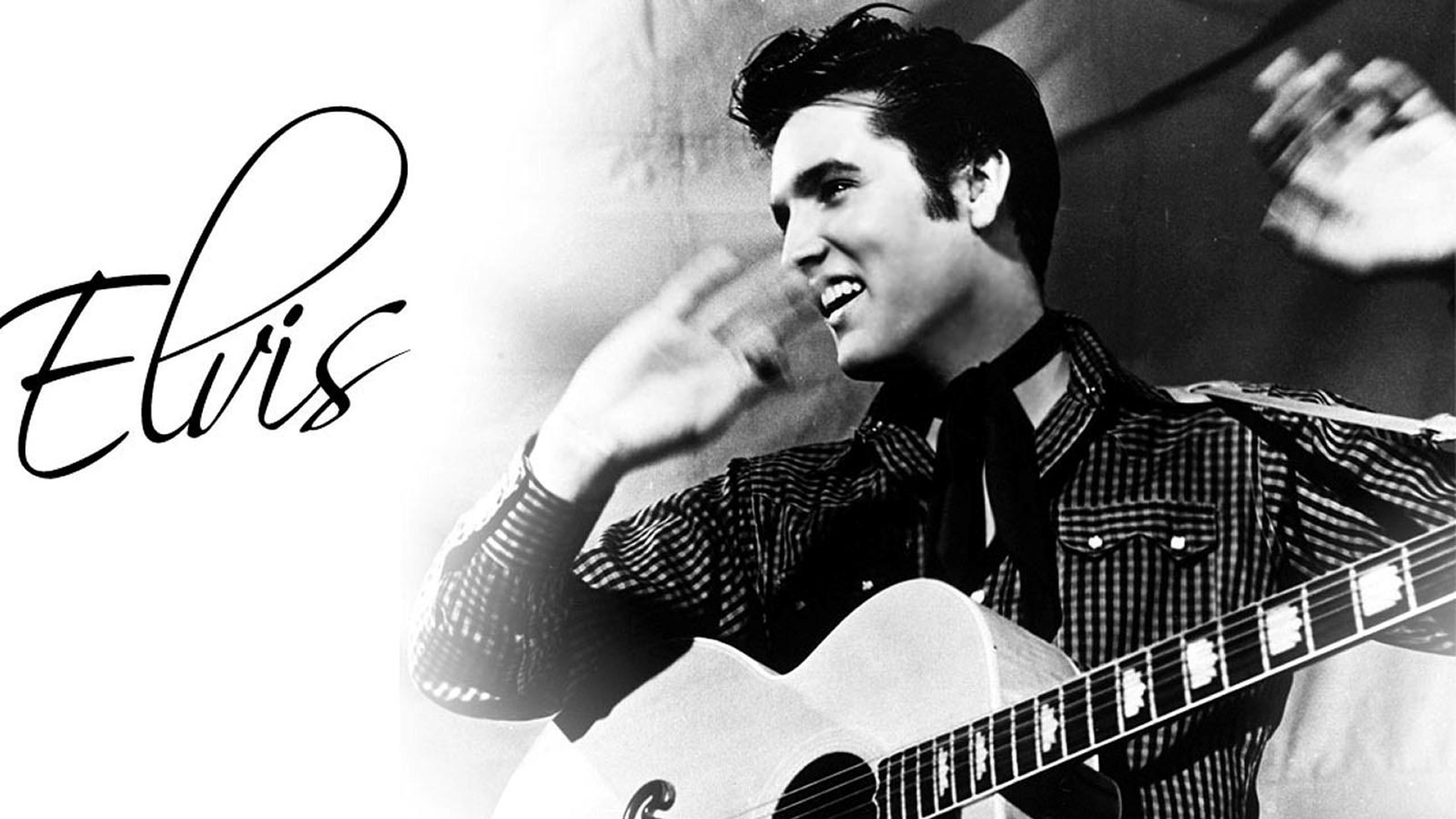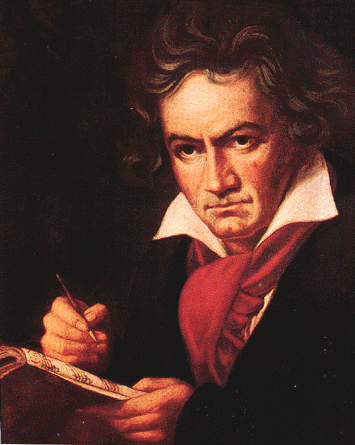Top 5 Musicians of All Times
1.Elvis Presley
Elvis didn't like being called a hero, nor did he enjoy the "king of rock 'n roll" moniker. Teased as a child in Tupelo, Mississippi, he became a loner, learning to play the guitar and finding inspiration in black gospel music and Memphis' bustling Beale Street blues scene. He became a leading figure in the emerging genre of rock, and eventually the best-selling solo artist in the history of popular music. But he never fully shook off the shyness of his youth, and celebrity ultimately proved a fatal curse.
- Ludwig Van Beethoven
Considered the best composer of all time, Beethoven challenged authority by refusing to accept the cultural norms of the day. His soulful sonatas and symphonies broke the boundaries of the Classical Era — defined by technical mastery — and ushered in a new period, the Romantic Era. - The Beatles
Precursors to the Prefab Four, aka the Monkees, the Fab Four from Liverpool started with matching haircuts. But then they began growing their hair out, and that's when shit got real. Before you knew it their hair was much longer than the establishment preferred, and the social order began to decay. Next there was a musical called Hair and then later one called Hairspray. It all got to be a little much, especially if you weren't into hair. - Michael Jackson
People made a lot of jokes about Michael Jackson before he died; about the way he spoke, the color of his skin, his fondness for zoo animals and children, the clothes he wore, the women he married, the names he chose for his kids, his penchant for grabbing his nuts, his sentimental streak, his plastic surgeries, and his acting talents, or lack thereof. But when he died people made fewer of those jokes. - Louis Armstrong
Louis Armstrong was jazz's first superstar. Satchmo's explosive creativity defied conventions of early New Orleans jazz; he was a charismatic showman and dazzling trumpet player who was, literally, too good for his band. His performances were largely responsible for shifting the focus from the group to the soloist, and he was also quite an innovator when it came to scat. Perhaps most importantly, his acceptance by the social elite helped popularize jazz across racial and social boundaries.



